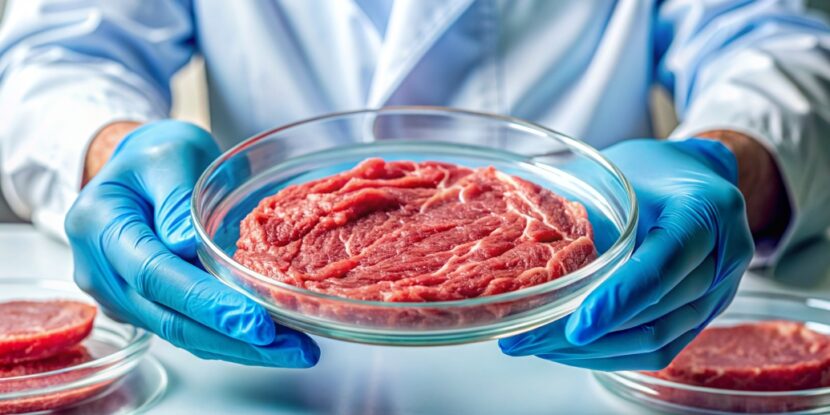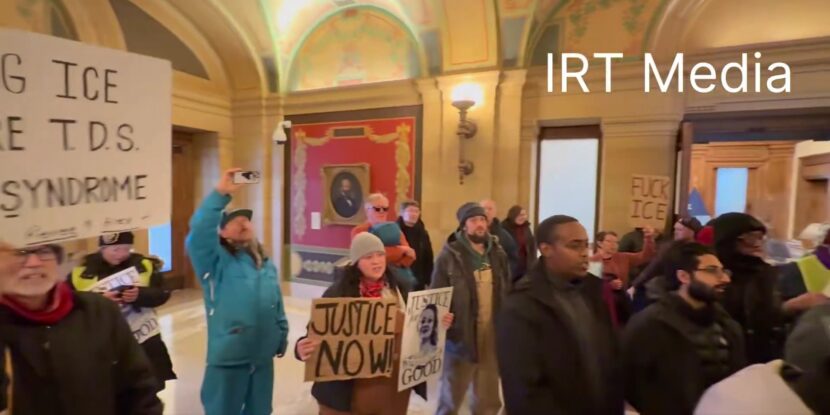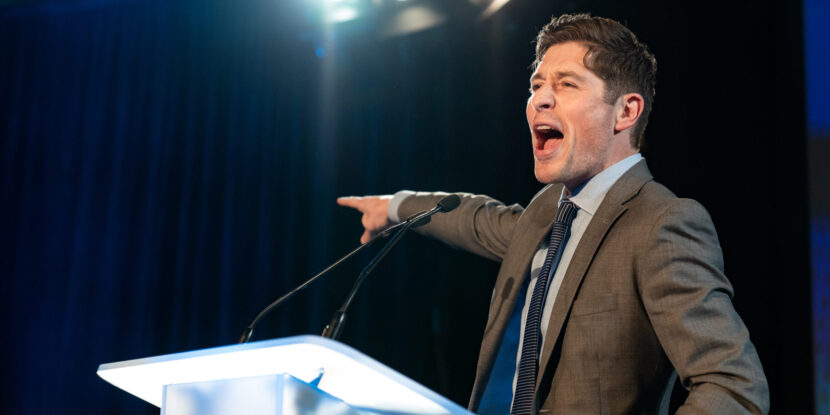Alabama’s Republican Governor Kay Ivy has made her state the second in the country to outlaw the manufacture, sale, and distribution of lab-grown meat. The move follows a similar ban enacted on the controversial technology in Florida at the start of May. Alabama’s ban was sponsored by Republican State Senator Jack Williams, who serves as vice chair of the Senate Agriculture, Conservation, and Forestry Committee in the state’s legislature.
The artificial meat bans in Alabama and Florida mark both states’ firm commitment to supporting traditional agriculture and livestock industries. Concerns about food safety, improper labeling of meat products, and consumer choice fueled much of the debate surrounding the bans.
In Florida, Gov. Ron DeSantis underscored the importance of cattle ranchers and farmers to the state’s economy. According to the Florida Department of Agriculture and Consumer Services, Florida’s beef cattle industry contributes over $900 million to economic activity annually.
Despite climate activist claims that artificial meat has less environmental impact, studies have shown that when scaled, the artificial meat industry would produce more CO2 emissions than the current livestock slaughter industry. Additionally, The National Pulse previously reported that the self-replicating cells used in artificial meat production raise concerns about increasing cancer in humans consuming the produce. Also of concern are the ties some artificial meat producers maintain with Communist China and biological research labs located there.
The chief legal officer of Upside Foods, Sean Edgett, criticized the bans, describing them as a “reckless move” and urged for more openness to innovation for a sustainable food future. Upside Foods, supported by investors like Cargill, Tyson Foods, Richard Branson, and Bill Gates, is one of two firms approved by the U.S. Department of Agriculture (USDA) to sell artificial meat products in the U.S.




















